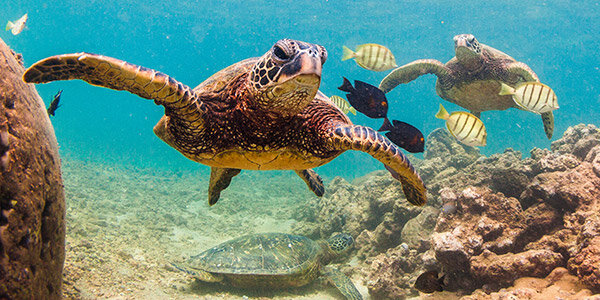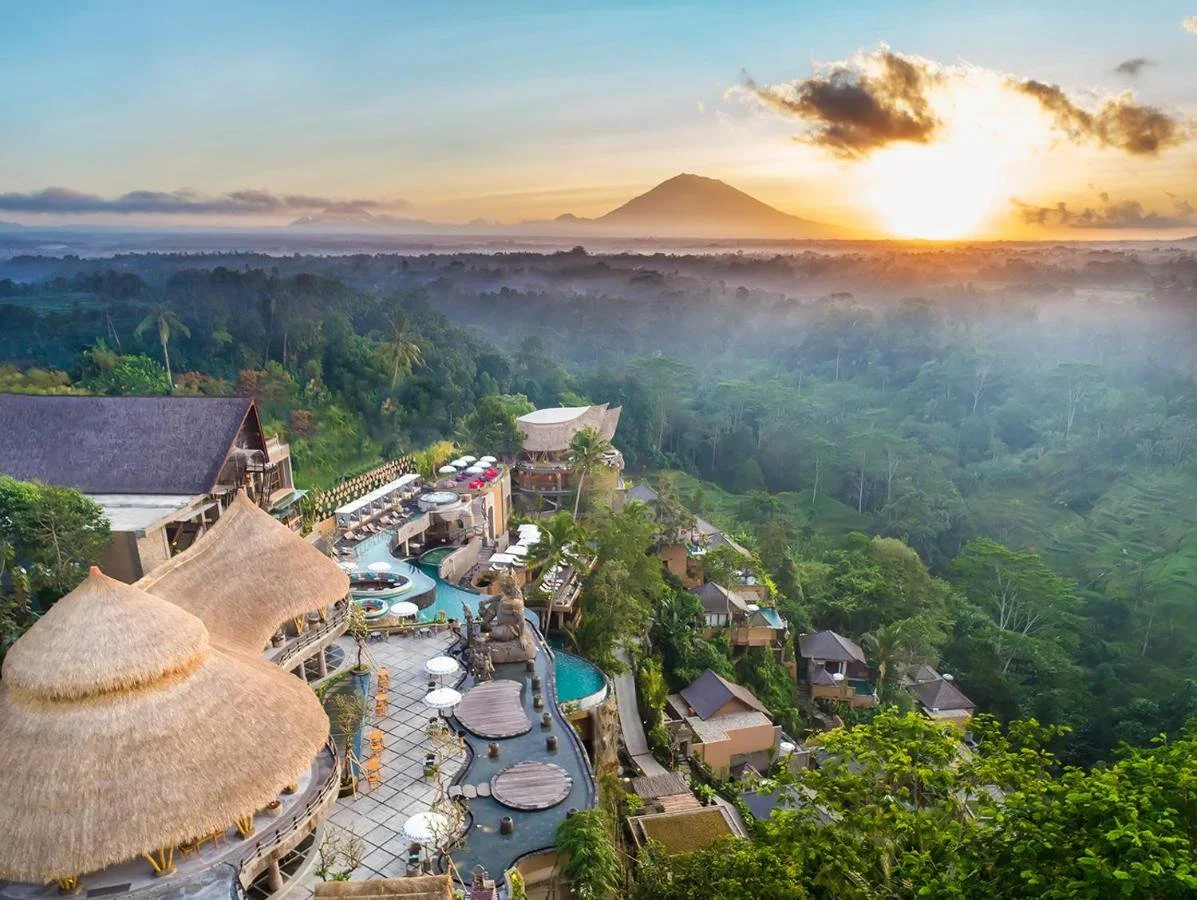The Significance of Marine Turtles

Throughout their life-cycle, marine turtles play an important role in the ecology of coastal and open ocean environments. Though marine turtles maintain their air of ancient mystery, we know more today than ever before about how marine turtles help maintain healthy oceans.
Scientists believe that Hawksbill turtles may maintain the health of coral reef systems by grazing on sponges, which if left to grow unchecked, outgrow the corals, cover them up and kill the reef. Because of this, researchers believe that declining numbers of Hawksbill turtles may be a factor in the inability of reefs to resist increasing pressures from pollution, algal overgrowth, overfishing and climate change.
Green turtles are largely herbivorous, and their constant grazing on sea grasses increases the healthiness and growth rate of sea grass beds. Leatherback turtles, which forage in the open ocean throughout their life, are the top predators of oceanic jellyfish.
These jellyfish in turn eat larval fish, leaving fewer fish to grow into adults. A wide variety of marine ecosystems dependent on these fish, and commercial fisheries, may end up suffering from this cascading effect.

Marine turtles return to inshore areas for the nesting season and lay hundreds of eggs each season. In doing so, they provide a source of nutrients that plays a vital role in coastal dune ecosystems.
The eggs and hatchlings provide food for many predators, and empty shells and eggs that don’t hatch provide nutrients that can be recycled by invertebrates and micro-organisms. In turn, these nutrients are used by plants, which help stabilize dune structure.
In this way, turtles transport nutrients from productive far-away feeding grounds to nutrient-poor coastal ecosystems, and play a vital part in their stability.
It is for these reasons and more that marine turtles hold a great significance to the oceanic and coastal ecosystems which cannot be overlooked. As these turtle populations decline it is even more critical that we take action to protect and preserve their populations.






























